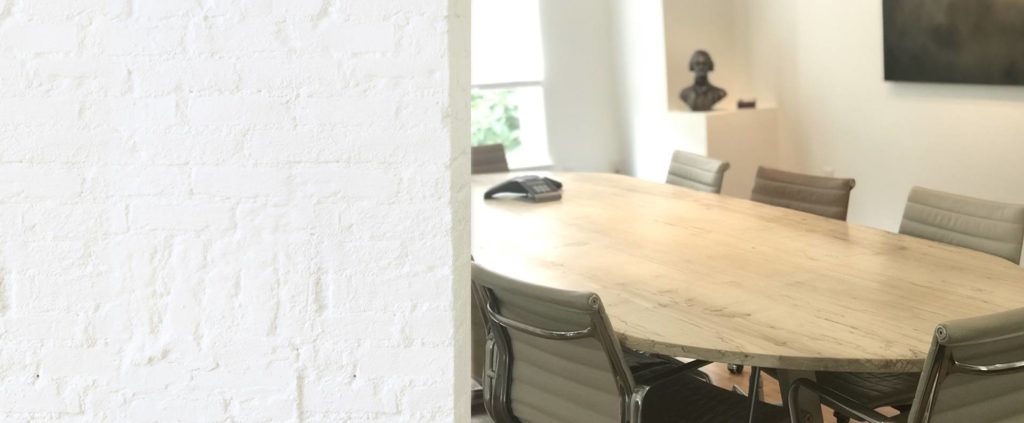The federal government enables property owners to exchange similar investment properties without having to pay a capital gains tax. The U.S. Internal Revenue Code Section 1031 applies only to investment or business properties. You could not exchange a private home or a vacation home and benefit from the 1031 exchange advantages. A business or an investment property could be exchanged for a like-kind property without triggering capital gains.
A like-kind property is similar to another property in nature despite differences in grade or quality. In most cases, real property in the United States is of like-kind to other real properties. An example would be an apartment building in exchange for another apartment building.
The Internal Revenue Service (IRS) does not consider any real property that is located outside of the United States to be like-kind with real property located within the United States.
The IRS lays out very clear guidelines for identifying eligible like-kind properties for 1031 exchanges. When you relinquish or sell a property, you have 45 days to identify a possible replacement property. The IRS refers to the 45 days as the identification period. That is when you compile and provide the IRS with a list of potential replacement properties. You also have up to 180 days to purchase one or more of those identified properties.
What to Consider in a 1031 Exchanges
To make the most out of a 1031 exchange, consider the following:
- Three properties: Choose three properties regardless of value.
- Combined value of 200 percent: Identify unlimited properties, but the combined value should not exceed 200 percent of the property being replaced.
- Valued at 95 percent or more: Identify unlimited properties, but they should not be valued at 95 percent or more of the property being replaced.
Types of 1031 Exchanges
The IRS recognizes five common types of 1031 exchanges:
- Delayed exchange
- Delayed/simultaneous exchange
- Delayed reverse exchange
- Delayed build-to-suit exchange
- Delayed/simultaneous build-to-suit exchange
The final property transfer must occur within 180 days of initiating the 1031 exchange. The IRS does not exclude weekends or holidays from its 180-day time limit. You have to pay close attention and ensure that you complete the property transfer within 180 calendar days and not business days.
What Are Advantages of a 1031 Exchange?
A 1031 exchange makes it possible to divest one or more properties from your investment portfolio while gaining others. You can do so without having to exchange money or pay capital gains taxes, which are deferred.
If you have a commercial property that no longer suits your needs, you might exchange it for a like-kind property. Maybe another property owner contacts you to offer a like-kind property in a 1031 exchange. Whatever the motivation, the 1031 exchange enables two or more parties to engage in a mutually beneficial exchange of real properties. The 1031 exchange enables continued investment to occur and makes it more affordable for investors.
There are no limits on the number of 1031 exchanges or how often they could occur. If you have many real commercial properties, you could conduct many 1031 exchanges. That could include exchanging real property that you obtained via a recent 1031 exchange.
How Can a Lawyer Help?
The IRS has very specific rules for 1031 exchanges. You must ensure that all involved properties abide by those rules. An experienced lawyer could help you determine the value and types of properties that you might consider for a 1031 exchange.
Your lawyer could help you obtain accurate assessments of respective properties and ensure they meet the requirements. If you are exchanging or obtaining a property, a lawyer has the best contacts for accurately determining property values and whether or not they qualify for a 1031 exchange.
Ohio 1031 Exchange Services Lawyers at the Wolterman Law Office Can Assist if You Are Considering a 1031 Exchange
If you are considering a 1031 exchange, one of our experienced Ohio 1031 exchange services lawyers at the Wolterman Law Office can help. Call us at 513-488-1135 or contact us online to schedule a free consultation today. Located in Loveland, Ohio, we serve clients in Hamilton County, Fairfield, Norwood, and Forest Park.


